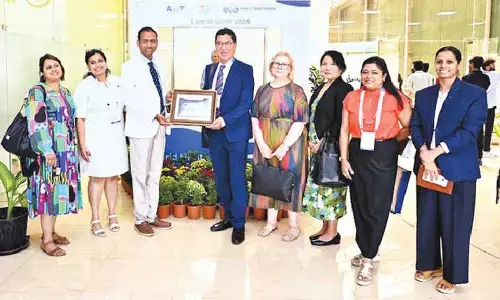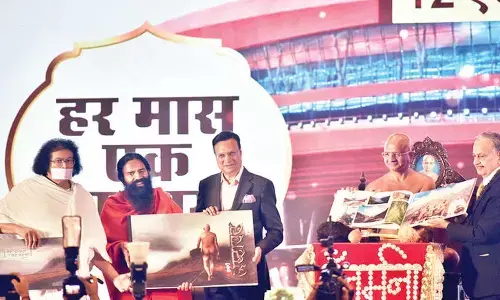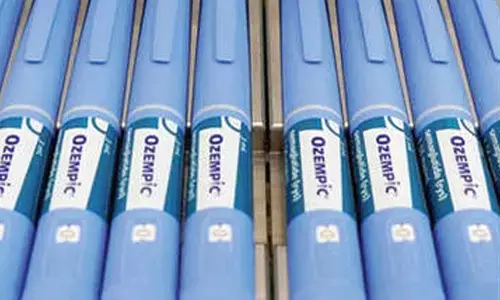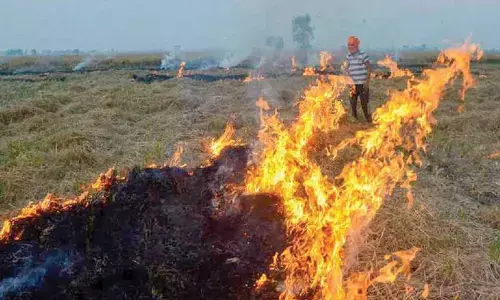Centre’s fiat on groundwater flawed, hold it: NGT
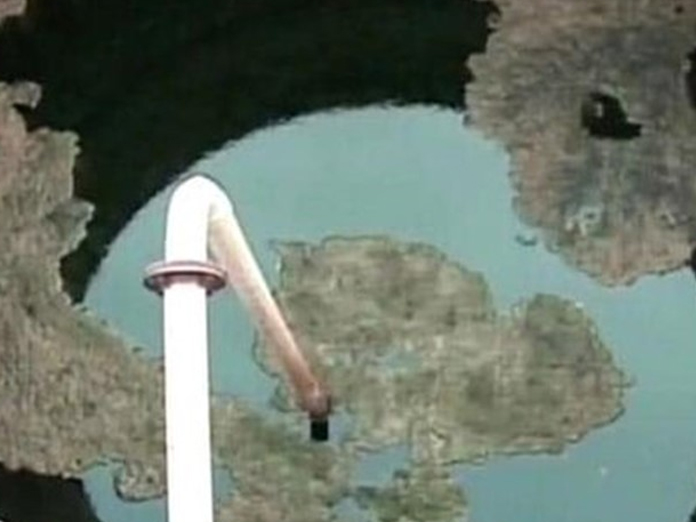
The National Green Tribunal NGT has asked the Centre not to give effect to its December notification on ground water extraction as it has serious shortcomings and directed it to set up an expert panel for formulation of a policy on conservation of the natural resource Fast depletion of groundwater in recent years is a cause of concern for human wellbeing, it said
New Delhi: The National Green Tribunal (NGT) has asked the Centre not to give effect to its December notification on groundwater extraction as it has "serious shortcomings" and directed it to set up an expert panel for formulation of a policy on conservation of the natural resource. Fast depletion of groundwater in recent years is a "cause of concern for human well-being", it said.
The NGT has directed the Ministry of Environment, Forest and Climate Change (MoEF&CC) to set up an expert panel that includes representatives from IIT, IIM, CPCB and NITI Aayog to examine the issue of forming appropriate policy for conservation of ground water in the country. A bench headed by NGT chairperson Adarsh Kumar Goel said the "Ministry of Water Resources' (MoWR) in December 12, 2018 notification pertaining to groundwater extraction may not be given effect to in view of serious shortcomings" so that an appropriate mechanism can be introduced consistent with the needs of environment.
The tribunal said it was clear that rather than laying down stricter norms for extraction of groundwater for commercial purposes and putting in place a robust institutional mechanism for surveillance and monitoring, extraction of ground water has been liberalised adding to the crisis unmindful of the ground situation and likely impact it will have on environment. "No data has been furnished to justify the policy reversal by way of uncontrolled liberalised drawal of groundwater in OCS (over-exploited, critical and semi-critical) areas," the bench said in its order on Thursday.
The Centre’s notification had said that industries extracting groundwater and those which use it for packaged drinking water, would need to apply for a no-objection certificate from the government. However, the agriculture sector will be exempt from the fees. It also exempted households to draw groundwater from single dug well/bore well/tube well through delivery pipe of up to 1-inch diameter and certain other categories, even if there is an existing supply of drinking water. It said infrastructural projects, including water supply agencies, can be allowed to get no objection certificate.
The tribunal passed the order on various applications raising concerns over fast depletion of ground water in Noida and Greater Noida, District Gautam Budh Nagar, Uttar Pradesh. The pleas also said there was large scale extraction of ground water by various construction companies and directions relating to water harvesting were not complied with. No measures were properly adopted to stop the fast depleting ground water levels.
The NGT said the provisions of the ministry's notification show that drawal of ground water has been, for all practical purposes, made unregulated in all areas including the OCS areas. "The so-called regulation is illusory. The so-called conditions are incapable of meaningful monitoring, as shown by experience also. The water conservation fee virtually gives licence to harness ground water to any extent even in OCS areas. There is no institutional mechanism to monitor removal and replenishment of ground water. Delegation provision is virtual abdication of authority," it said.
The tribunal added that there was no check on injection of pollutants in the ground water in the notification and there is no provision with regard to check on water quality and its remediation, if there is contamination. The bench said it was satisfied that the notification tested on the precautionary principle, sustainable development and inter-generational equity principles was unsustainable in law.
instead of conservation of ground water which is necessary for providing access to drinking water in OCS areas, as well also other needs of environment, including sustenance of rivers and other water bodies, it will result in fast depletion of ground water and damage to water bodies and will be destructive of the fundamental right to life under Article 21 of the Constitution," it said.
The bench directed the MoEF&CC to constitute an expert committee by including representatives from IIT Delhi, IIT Roorkee, IIM Ahmedabad, Central Pollution Control Board (CPCB), NITI Aayog and any other concerned agency or department.
The panel will examine the issue of appropriate policy for conservation of ground water with a robust institutional mechanism for surveillance and monitoring to enhance access to groundwater for drinking purposes in OCS areas through replenishment practices which can be properly accounted and measured for.
The policy will also relate to sustain the flood plains of rivers in terms of e-flows and other water bodies, it said, adding that the MoEF&CC and MoWR may finalise the issue of subject remain inter-se with regard to ground water reserve and its quality.












